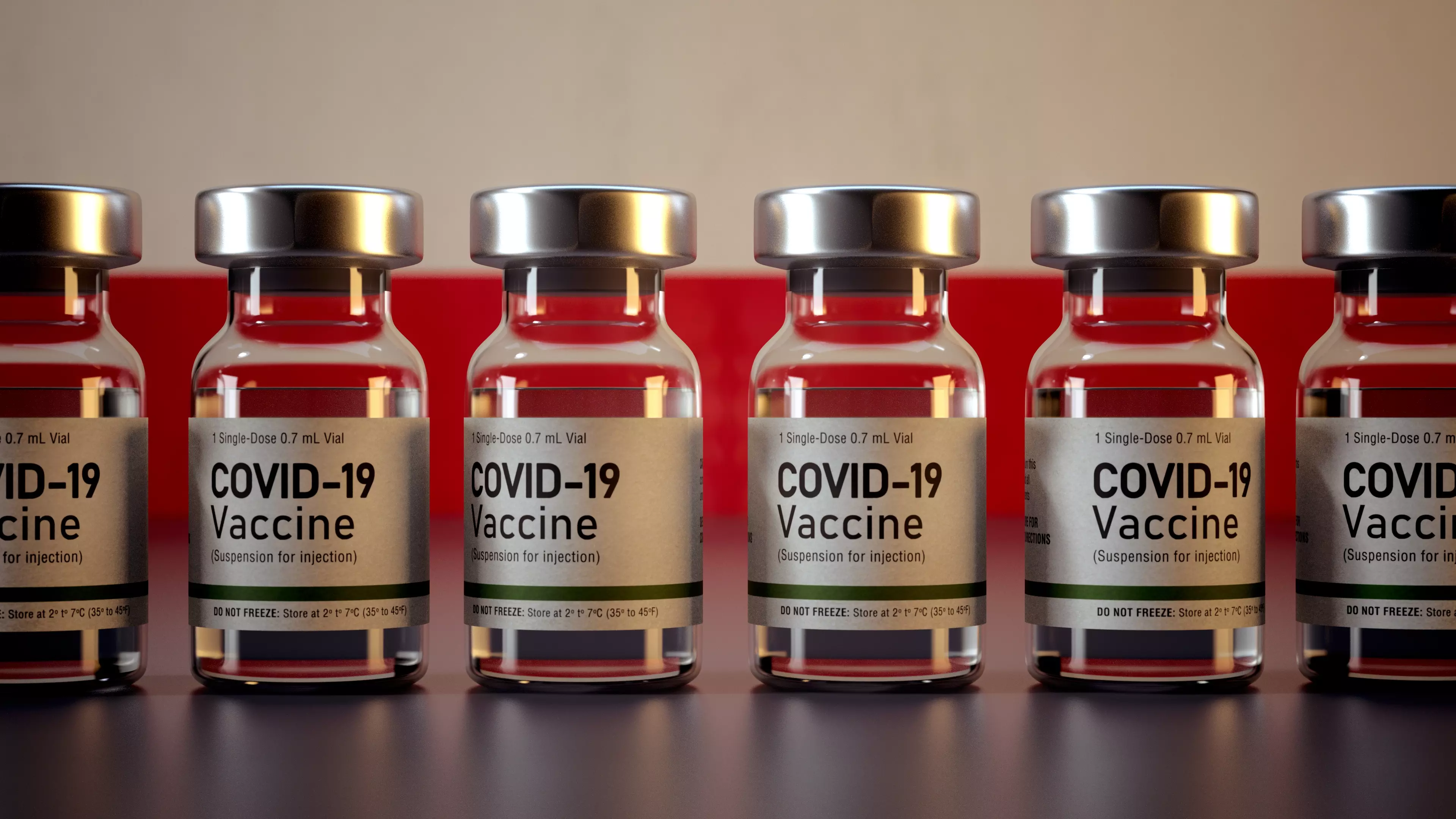COVID-19 vaccines: current status and effectiveness
COVID-19 vaccines: current status and effectiveness
Since the beginning of the COVID-19 pandemic, which dominated social and economic life around the world, vaccines have become one of the key tools in the fight against the virus. Their development and launch were aimed not only at protecting human health, but also at restoring normalcy in various aspects of daily life. In this article, we will look at the current status of COVID-19 vaccines and their effectiveness in order to provide readers with reliable information on the subject.
History of COVID-19 vaccine development
Development of vaccines against COVID-19 began shortly after the identification of the new SARS-CoV-2 virus in December 2019. As early as March 2020, the first clinical trials entered the research phase, and within a few months, manufacturers managed to develop a variety of vaccine technologies, such as mRNA, viral vectors and recombinant proteins.
In December 2020, the Pfizer-BioNTech vaccine became one of the first to be approved for use in multiple countries. At the same time, other vaccines such as Moderna, AstraZeneca and Johnson & Johnson began receiving conditional use approvals. In the following months, more and more people had access to these preparations, which contributed significantly to the fight against the pandemic crisis.
Types of vaccines and their mechanism of action
Among the available COVID-19 vaccines, we can distinguish several basic categories. The mRNA vaccines, such as Pfizer-BioNTech and Moderna, work by introducing fragments of the virus' genetic material into the body, which stimulates the production of viral proteins and the generation of an immune response.

In contrast, vector vaccines, such as AstraZeneca and Johnson & Johnson, use weakened or unable to replicate viruses to deliver information about viral proteins to the body's cells. In this way, the body learns how to respond to the virus in the event of an actual infection.
Another category is protein vaccines, which involve introducing viral proteins themselves into the body. Although all these technologies differ in their mechanism of action, their ultimate goal is to create a childhood immune response that will reduce the risk of severe disease.
Vaccine efficacy: What does the research say?
Clinical trials and data from real-world applications confirm the high efficacy of COVID-19 vaccines. Pfizer-BioNTech and Moderna mRNA vaccines have demonstrated 94-95% efficacy in preventing severe disease and hospitalization.
Vector-based vaccines, such as AstraZeneca's, have also proven effective, with results in the 70-80% range. However, this efficacy can vary depending on the age group and the length of time since vaccination. It's also worth noting that despite high efficacy, no vaccines offer 100% protection, which underscores the importance of continuing to use other prevention methods, such as wearing masks and social distancing.
What about variants of the virus?
As the pandemic unfolded, different variants of the SARS-CoV-2 virus were on the horizon, raising concerns about the effectiveness of vaccines. Variants such as Delta and Omicron showed the ability to partially evade the immune response, suggesting that only full vaccination regimens could provide sufficient protection.
However, studies have shown that vaccines still remain effective in preventing serious illness, hospitalization and death, even with variant infections. Therefore, experts recommend that vaccinated individuals continue to monitor their health and consider possible booster doses to boost their immunity.
Summary
The fight against COVID-19 is a dynamic process, and vaccines play a key role in limiting the spread of the virus and protecting public health. Thanks to the research side and systematic data collection, the use of vaccines is becoming more effective and adapted to new challenges.
However, it is crucial that vaccinated individuals are aware that despite protection, there is still a risk of infection. Therefore, taking appropriate precautions remains critical. Educating the public and having access to information about vaccination are crucial in the fight against a pandemic. Remember that vaccination is one of the best ways to get back to normal and protect yourself and others.

Add comment